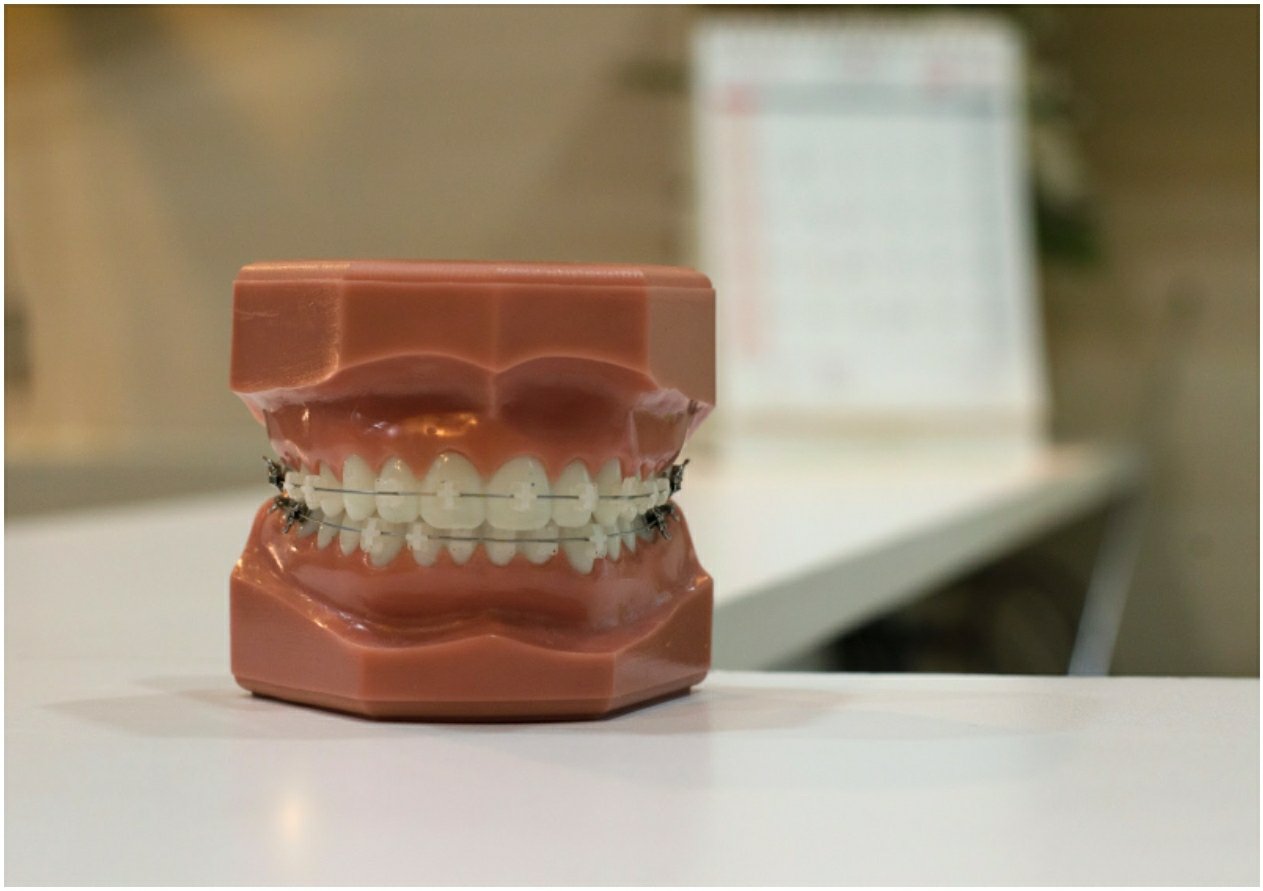Many kids are scared of going to the dentist, and it’s completely understandable. Even most adults have some kind of fear of the dentist, even though a checkup will be fine most of the time.
A regular trip to the dentist is essential for your family’s health, so it’s important to try and ease your kids’ fears. Give some of the following tips a try to help teach your kids not to be afraid of the dentist.

Image Credit: Unsplash under Creative Commons
Get them used to it from a young age
It’s important to have your child’s teeth checked regularly, including from a young age. Your child’s first dental appointment should be made around six months after their teeth start coming through, or around their first birthday. By making it a regular part of their lives, they’ll grow up already used to going to the dentist, without having the chance to develop a fear first. Not only that, but regular checkups will mean that problems are spotted early, making treatment much easier and less scary for your child!
Keep it upbeat
Our Stamford dentist suggested parents must be well-informed about their children’s oral health. Dental experts can explain procedures to children and build trust with young patients. Parents should be good role models to their children when it comes to the best dental care practices and ensure an upbeat tone when talking about oral care and treatments.
It’s a difficult thing to do, but try not to use any negative words in relation to the dentist. Even if you’ve had bad experiences yourself, you should try to keep things upbeat to show that there’s nothing to be scared of. Get them interested in what happens at the dentist, rather than feeling fearful.
Don’t make out as though anything is out of the ordinary on the day you’re going to the dentist. When you’re in the office itself, make conversation with the dentist when you’re there and your kids will soon relax.
Take care of their teeth
To help make your child’s visit to the dentist as straightforward as possible, you need to take good care of their teeth. There are several things you can do to care for your child’s teeth, including:
- Brush twice a day (they’ll need help until they are around 8 years old and longer for those with additional needs).
- Let your child pick their own toothbrush and toothpaste.
- Limit the amount of sugar in their diet, as sugar can cause cavities that will require a filling.
- Check the inside of their mouths regularly for signs of cavities or other issues.
- Find child-friendly mouthwash and floss to help encourage some healthy dental habits they can keep up throughout their lives.
By looking after your child’s teeth as best you can, you could limit the need for any kind of dental treatment beyond their checkup. Make a regular appointment so that you see the dentist often to help you all stay on top of your oral health.
Make sure they eat the right diet
The right diet is essential for healthy teeth and gums. Snacking can cause tooth decay as well as other conditions, something you won’t want your kids to deal with. Some foods that can help boost oral health include onions, dairy products and crunchy foods like celery, apples and carrots. Try not to give your kids too much fruit, as fruit contains natural sugar. Some good low sugar fruits include strawberries, peaches, blackberries and citrus fruits like lemon and lime.
Don’t bribe them
Many parents will bribe their children to make a visit to the dentist easier. But this only reinforces the message that there’s something to be afraid of. Besides, taking the kids out for ice cream or junk food contradicts the point of going to the dentist, encouraging some unhealthy habits. Avoid the bribes to help make the dentist a normal activity.
Opt for the least invasive treatment
There are constant advances in dentistry that mean treatments are always changing. While some treatments used to be very invasive and painful, the good news is that there could be simpler treatments available to cause less discomfort for your child. If you’re looking for a tooth replacement option, you can try mini implants, which are great for avoiding a lengthy procedure at the dentist. Ask your dentist about the treatment options available to help you find the best solution for your kids.
Talk to them about their fears
Kids will have many fears over the years, but talking to them about it could help. Finding out why they’re afraid can help you understand how to deal with the situation. You’ll most likely find it’s a fear of the unexpected that’s to blame, which you can help resolve by explaining calmly what a visit to the dentist entails and why it’s important that they go.
Visit a child-friendly dentist
Most dental practices are child-friendly, but there are some that are especially for children. Choosing the right dentist is important, as you should all feel comfortable and happy with the person looking after your teeth. If your children have any additional needs, it could be useful to find a more experienced dentist who can use the best approach. It might even help to take your kids there first to meet the dentist and the rest of the staff so that they’re more familiar to them when their real appointment takes place.
Stay patient
One thing you must do when teaching your kids not to be afraid of the dentist is to stay patient. You can’t predict their reactions, and one visit could be completely different to the last. Anything can make a child feel scared or anxious, and if you do have an incident, then try not to dwell on it. Instead, just think about what could have been done better and make a note of it for next time. Your kids are still learning, but if you stay patient then you can get there.
Taking kids to the dentist can be a tough day out for all involved. Whether you’re taking your kids for the first time or you’re taking three autistic children to the dentist, many of the challenges you’ll face will be the same. Not all children will overcome their fear of the dentist, but the least you can do is your best to help them try.
This is a contributed post and therefore does not necessarily represent the views and opinions of this blog or its author.



